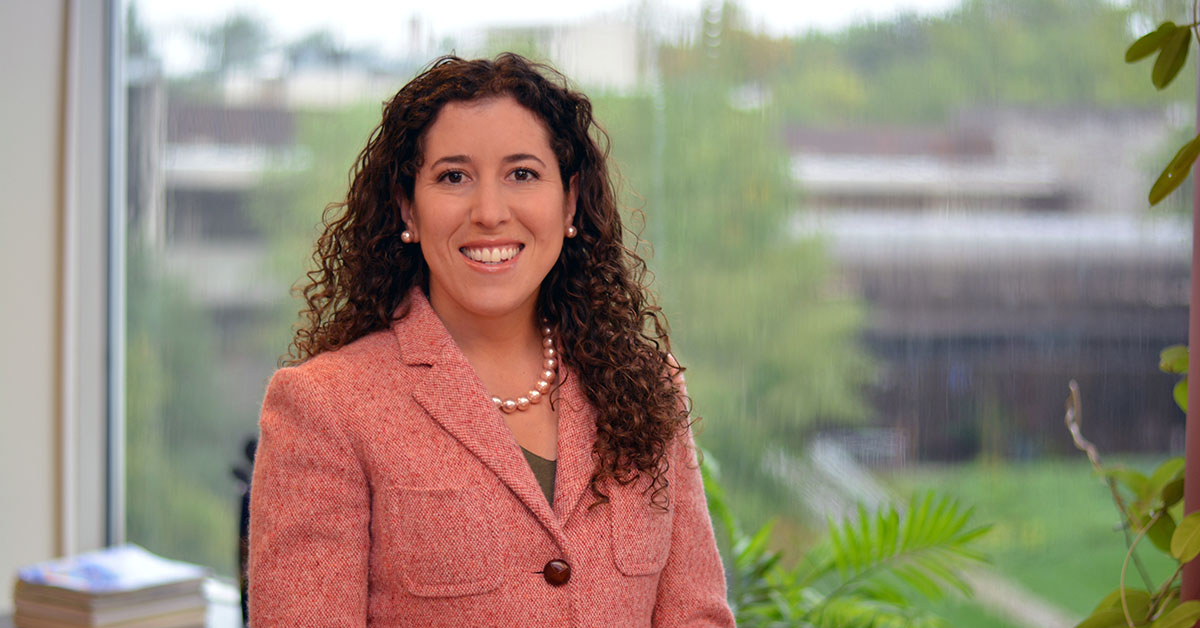
PHILADELPHIA (September 28, 2020)—In a recent study, researchers at Fox Chase Cancer Center found that more women with breast cancer seek help with sexual problems from partners or family than their healthcare providers.
“We know that sexual issues are common for women after breast cancer treatment, and what we don’t know too much about is the extent to which women seek help for sexual function difficulties, whether from their breast cancer doctors, from other loved ones, or elsewhere, and what may be driving them to seek help,” said Jennifer Barsky Reese, PhD, lead author on the paper and associate professor in the Cancer Prevention and Control Program at Fox Chase.
In the study, researchers investigated how often women sought help for sexual concerns from a healthcare provider, from other individuals, like a spouse or family member, or from alternate sources, like the internet. Additionally, researchers looked at characteristics associated with help-seeking.
“We administered surveys to women who were participating in a trial of a multimedia intervention to encourage women to discuss sexual concerns with their breast cancer clinicians,” said Reese, who conducted the study with other researchers at Fox Chase and the College of Public Health at Temple University.
The study included 144 women with a mean age of 56. Results of the study showed that 49% of women sought help for sexual concerns, most often from intimate partners, family and/or friends (42%), followed by healthcare providers (24%), or online/print materials (19%).
Reese said these findings suggest women may feel more comfortable talking about these issues with their loved ones than with their healthcare providers, and could have implications for how likely women may be to raise sexual concerns with their healthcare providers.
“We also looked at women who sought help versus those who did not and, in particular, women who sought help from more outlets,” said Reese. “Overall, women who sought help from more outlets tended to have worse sexual function in certain areas, like low sexual desire, vaginal dryness, and decreased satisfaction with sex. These findings suggest women who find sex unsatisfying, uncomfortable, or lack interest in it could be most in need of sexual help.”
According to the authors, to address women’s needs, sexual health information should be made available to women’s partners, family, and friends so they may effectively discuss such issues if needed. Additionally, women should be asked about sexual problems by their healthcare providers.
“This study suggests that more work needs to be done to encourage patients to bring sexual issues up with their clinicians and also to make sure that if they bring them up, the conversation will be well received. Therefore, educating clinicians on how to respond appropriately and provide accurate and timely information to the women is important,” said Reese.
The study, “Understanding Sexual Help-Seeking for Women With Breast Cancer: What Distinguishes Women Who Seek Help From Those Who Do Not,” was published in The Journal of Sexual Medicine.